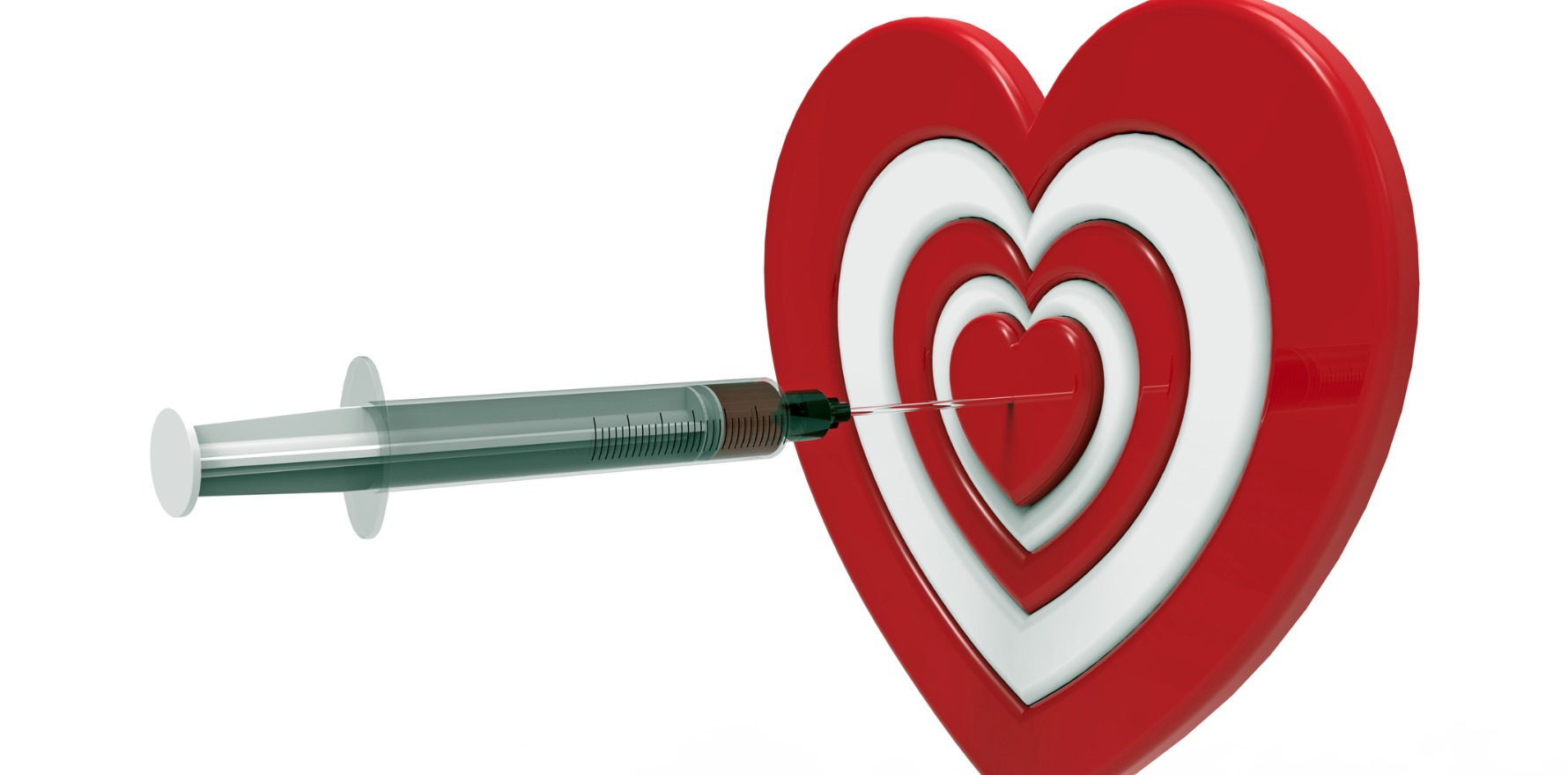Australian cardiology experts say the drug will help with treatment adherence.
A new injectable therapy for low-density lipoprotein-cholesterol requiring just two doses a year has just won PBS listing.
The move has been welcomed by cardiology experts, who say it offers alternatives to statins and will boost treatment adherence. However, it will not be available to all patients with high cholesterol.
Inclisiran (Leqvio) is listed on the PBS for patients with cardiovascular disease or with heterozygous familial hypercholesterolaemia or patients with non-familial hypercholesterolaemia who are not able to achieve target lipid thresholds with statins or other lipid-lowering therapies.
The subcutaneous injection can be used alone or in combination with statins. It can also be used for patients who are statin-intolerant. GPs can prescribe the medication, however will need to consult with a specialist for the first prescription only, a spokesperson for the manufacturer Novartis told Rheumatology Republic.
Director of the Victorian Heart Hospital and the Victorian Heart Institute, Professor Stephen Nicholls, told RR that trials had shown that inclisiran was well tolerated.
“It’s not an antibody. It acts directly in the liver and tells the liver to make less PCSK9. We have trials showing that it’s well tolerated and that it does lower cholesterol about half,” he said.
“We’re waiting for the clinical trials to show a reduction in heart attack and stroke. They’re ongoing.”
Professor Nicholls said inclisiran could be given less frequently than another injectable cholesterol treatment, evolocumab (Repatha) which is given every two to four weeks.
“What’s potentially attractive from a Leqvio perspective is that unlike having to be given every two weeks or once a month, like the other agent, Leqvio is twice a year,” he said.
“What is appealing is the fact that you may only need it twice a year. For patients … twice a year doesn’t seem too bad.”
Professor Nicholls said the drug would help with adherence.
“The reality is that half the people stop taking the medications we’d like them to take,” he said.
“We need to understand why people come off therapies and what we can put in place. Some of the developments are simply apps to just remind us better or to remind us why we were taking all of these therapies.
“The injectables will absolutely work for a lot of patients. It’s great news that that is now listed on the PBS because that gives us another option for patients.”
Inclisiran requires two doses a year, after an initial dose and one at three months. It works by improving the liver’s natural ability to prevent the production of a protein that plays a key role in keeping cholesterol circulating in the system. This reduces the amount of LDL-C in the bloodstream.
Dr Karam Kostner, Associate Professor of Medicine at the University of Queensland and Director of Cardiology at Mater Hospital, Brisbane, said cardiovascular disease represented a significant public health burden, with a quarter of all deaths in Australia attributable to CVD as an underlying cause, and one in three Australian adults living with high cholesterol levels.
“The availability of a first-of-its-kind siRNA therapy that only requires twice-yearly dosing provides patients with another highly effective treatment option to help them control their LDL-C levels,” he said.
“This is a fantastic and welcome development in an area of high unmet need.”
Novartis Australia also welcomed the listing of its drug on the PBS.
“The impact of CVD in Australia is devastating, claiming one life every 12 minutes,” said Matt Zeller, country president of Novartis Australia and New Zealand.
“Now, Leqvio is available on the PBS and this first-in-class treatment option has the potential to transform patient care and help improve the lives of individuals living with CVD.
Full product information on inclisiran published by the TGA is available here.



